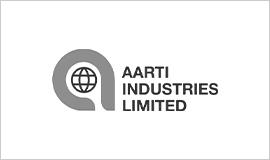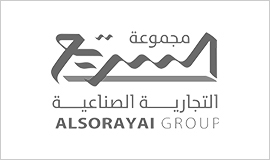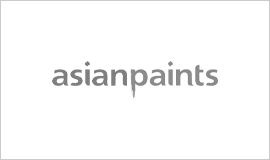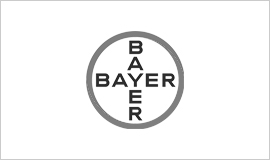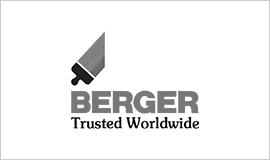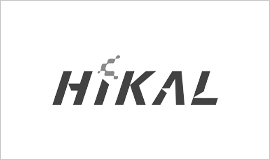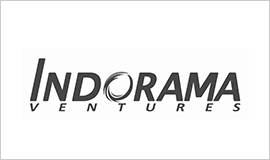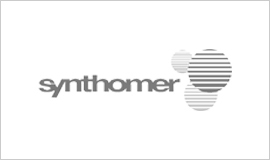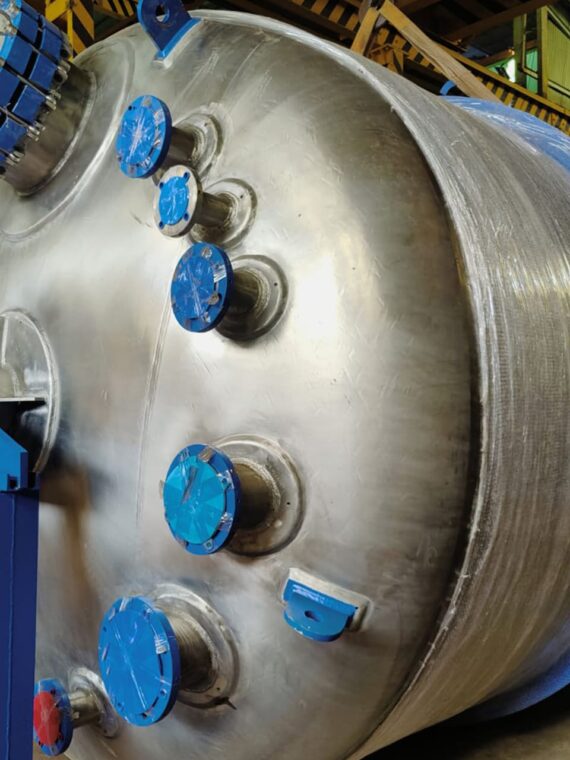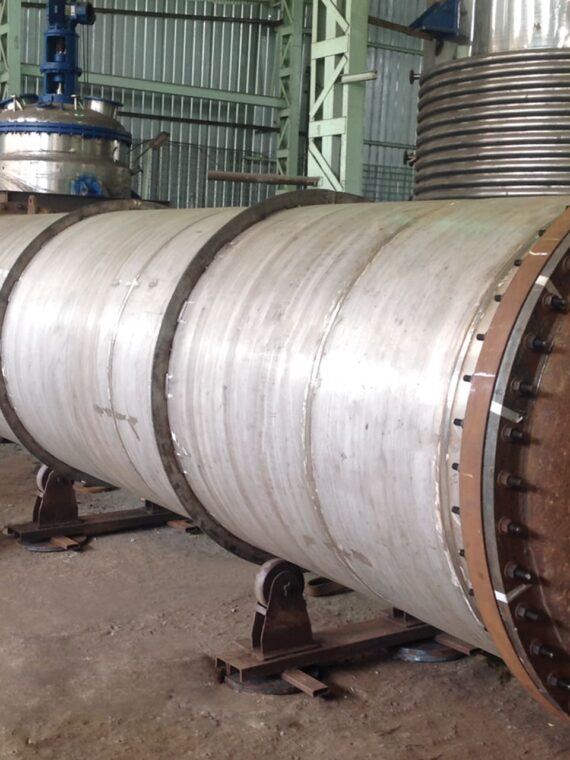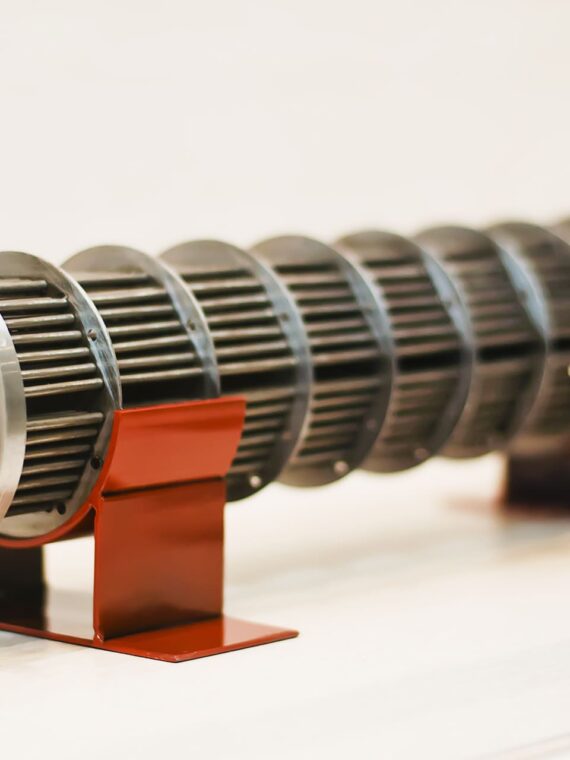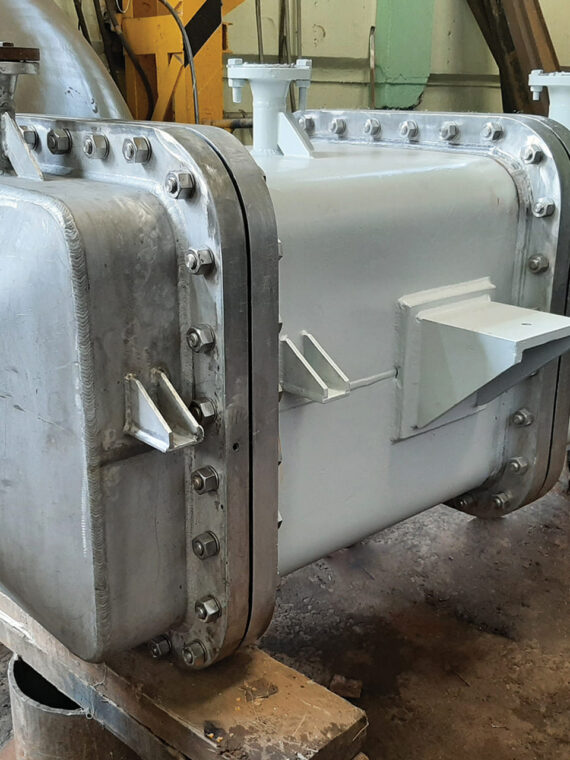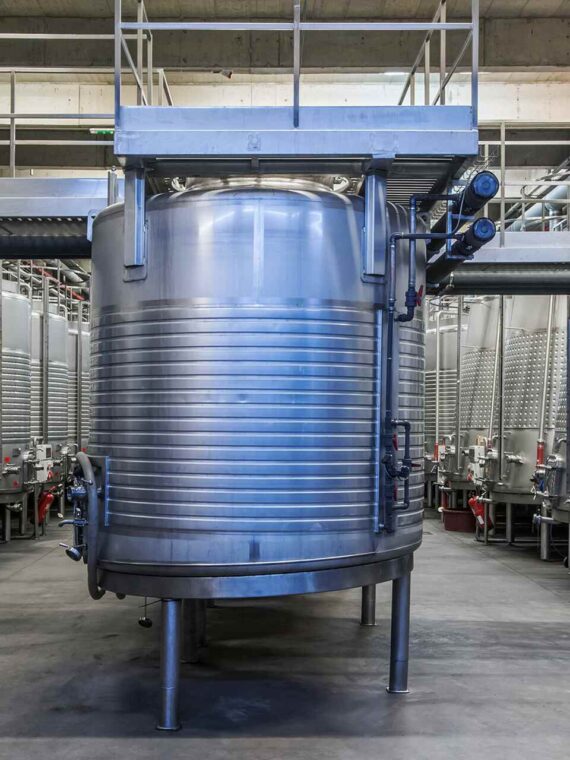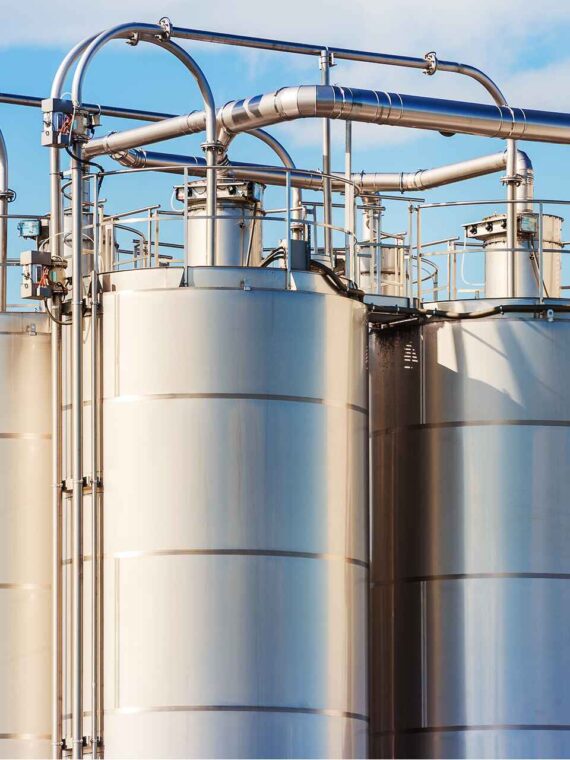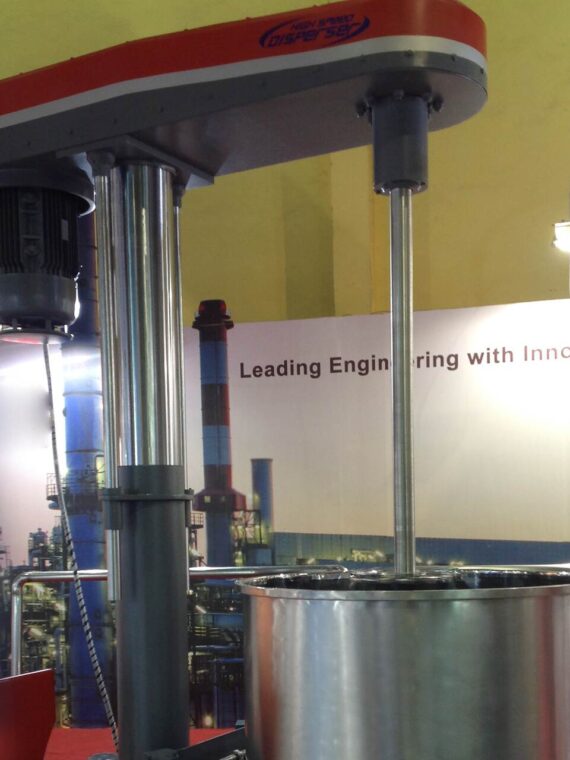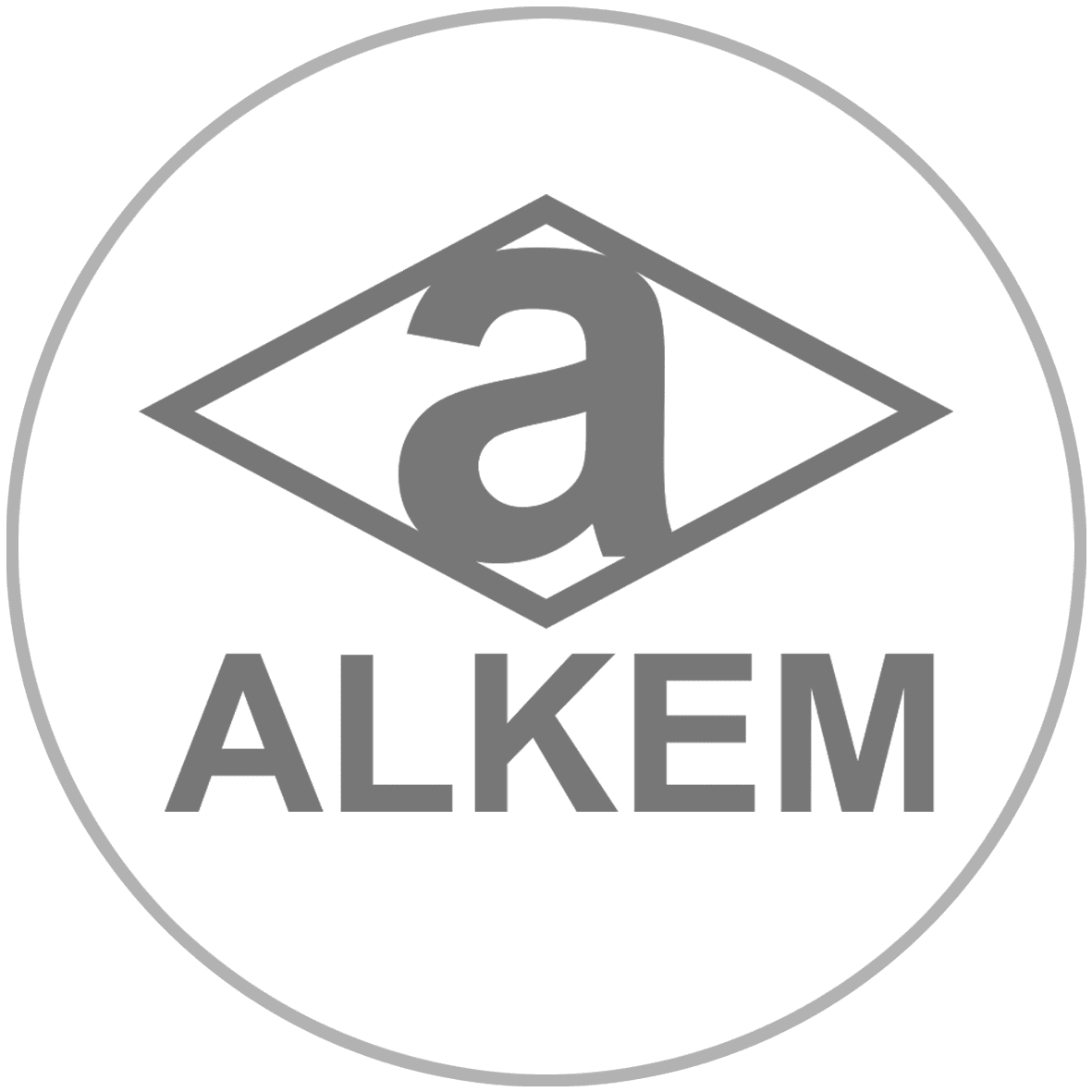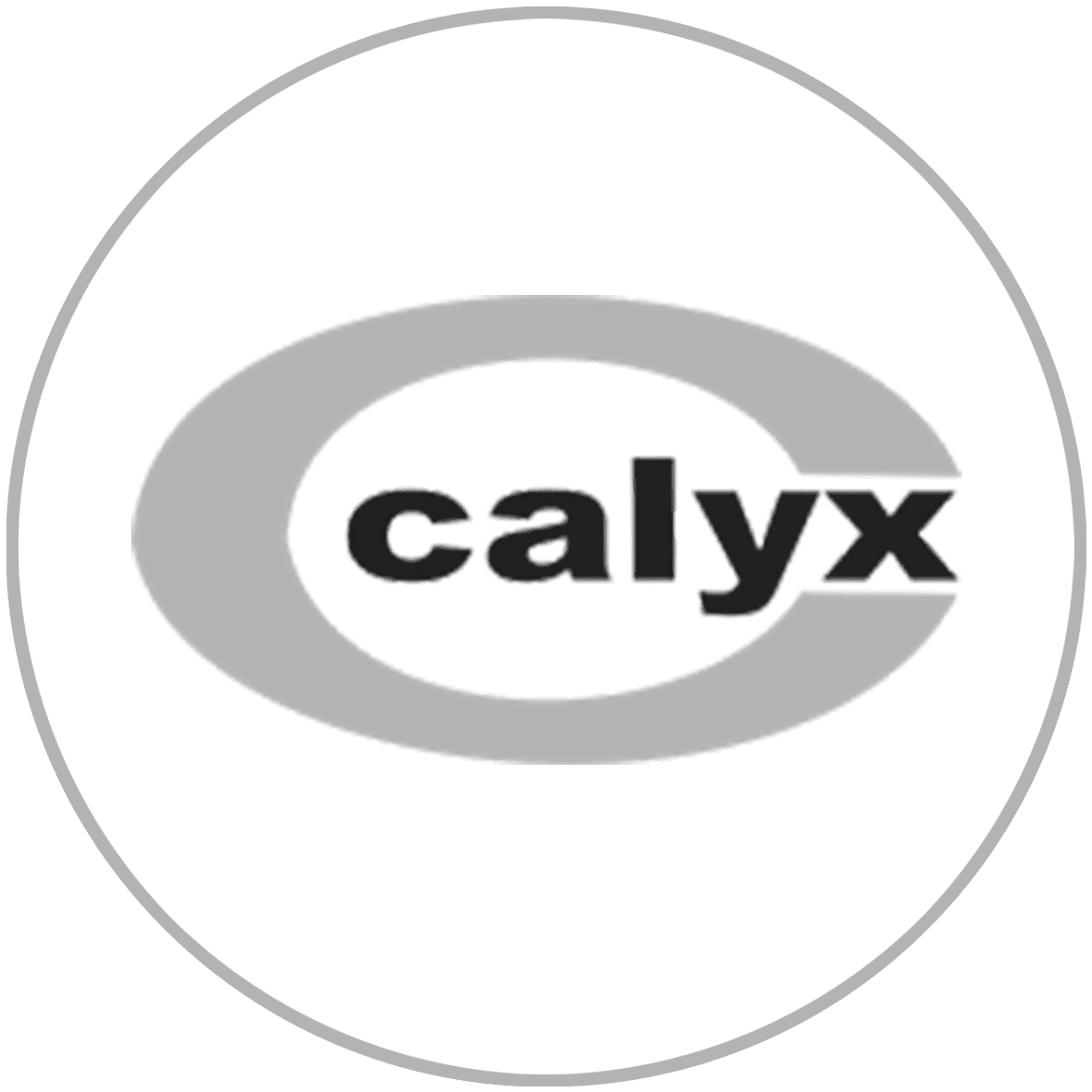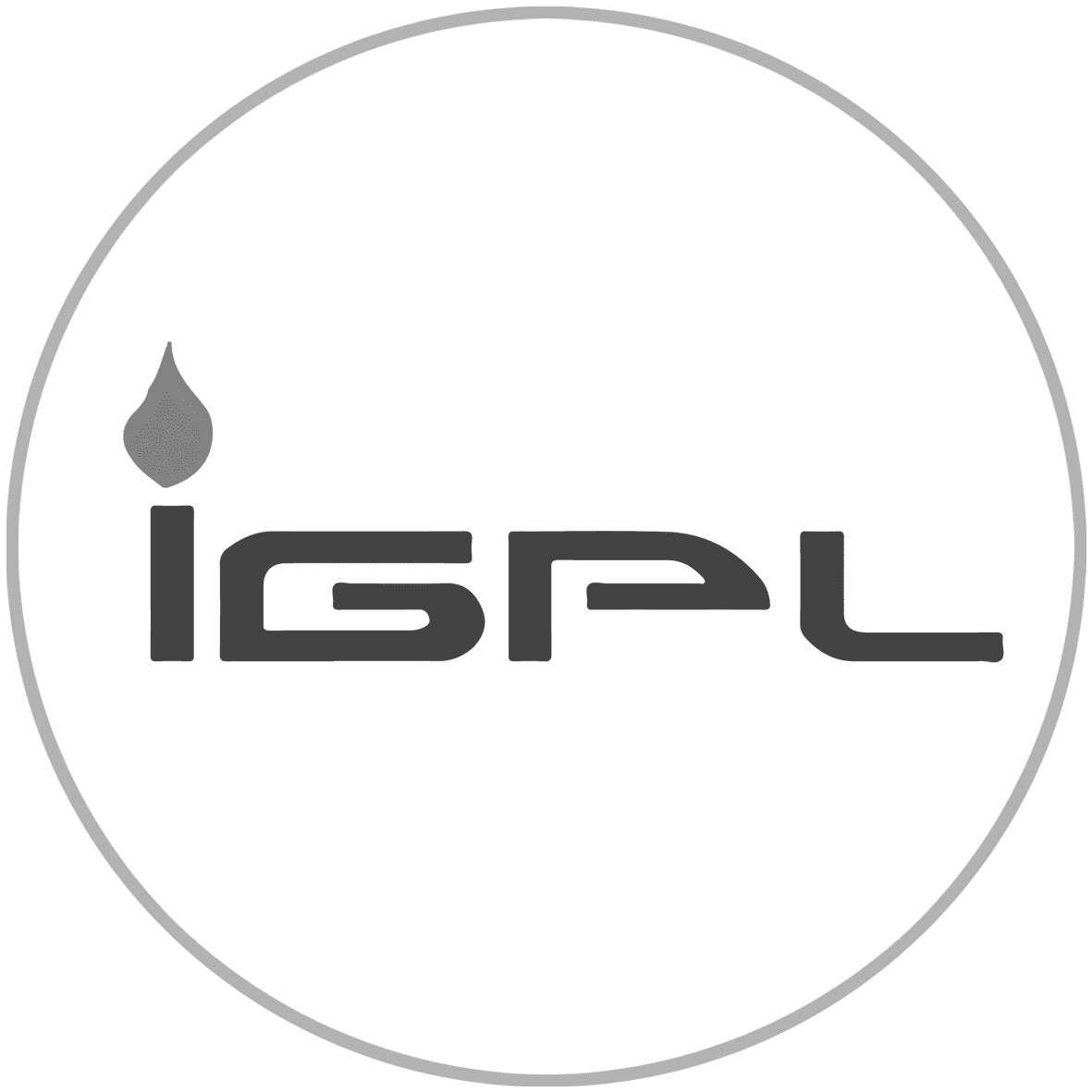Overview of Textile Chemical Industry
The textile chemical industry is projected to grow at a CAGR of 11% during the forecast period of 2023-2028. To sustain the growing demands of the industry, the industries should be up-to-date and have all the resilient functioning equipment that maximizes the ROI. This is where Stalwart International’s expertise comes in. We have a team of adept professionals who can manufacture and fabricate top-notch equipment tailored to the textile chemical industry.
We offer equipment for the textile chemical industry, such as dyeing machines, finishing equipment, textile printing machinery, and high-speed dispersers. However, specialty chemicals require equipment to meet the demands of the textile industry, like specialty reactors, distillation columns, crystallizers, centrifuges, and high-speed dispersers.
Here’s how the process is followed:
1. The specialty chemicals are synthesized in specialty reactors under precise conditions and parameters.
2. The compounds then undergo a purification and separation process using equipment such as distillation columns, crystallizers, and centrifuges to improve their purity.
Experience our story in motion.
Watch our Video
Watch our Video
Products used in the Textile Chemical Industry
As the leading chemical equipment manufacturers in india, we comply with most regulations and safety standards to ensure the safety, quality, and effectiveness of the product. We are certified with ISO 12100 and ISO 9001:2015, and we also have ASME U certification. We follow all the stringent standards and industry best practices to ensure the equipment meets your requirements and functions seamlessly without requiring much maintenance.
WHAT WE OFFER
Explore our innovative equipment solutions for
Q&A
What is the process of fabric treatment?
The fabric treatment consists of three phases: dyeing, finishing, and printing. First of all, the fabrics are immersed in dye solutions. Then, they are passed through finishing equipment for softening, waterproofing, flame retardancy, and other procedures. Finally, the printing machinery applies intricate designs or patterns.
What are the products produced by specialty chemical industries?
Specialty chemicals include a wide range of products, including specialty polymers, catalysts, additives, surfactants, biocides, lubricants, adhesives, and coatings, among others.
What are equipment safety standards specific to the textile chemical industry?
As one of the reliable chemical equipment manufacturers in India, all our equipment is designed considering the safety of the personnel. We ensure all the important safety standards, like electrical safety, mechanical safety, ergonomic design, safety interlocks, guarding, and hazard analysis.
What is the usage of equipment in the textile industry?
Textile machineries are usually used for dyeing, finishing, and printing. However, there are other use cases as well, like sewing, cutting, spreading, overlocking, cutting, quality control, and labeling and storage.
What are protective textiles?
Protective textiles are used against industrial hazards, such as heat, fire, blast, impact, cuts, chemical splashes, and dirt, in the metal, glass, ceramic, and chemical industries. They are made using aramid fibers, ultra-high-tenacity polyethylene fibers, Polyphylene sulfide fibers (PPS), and more.
WHY TO CHOOSE US
We apply across an array of sectors,
including but not limited to
CLIENTS' TESTIMONIALS
Trusted by


